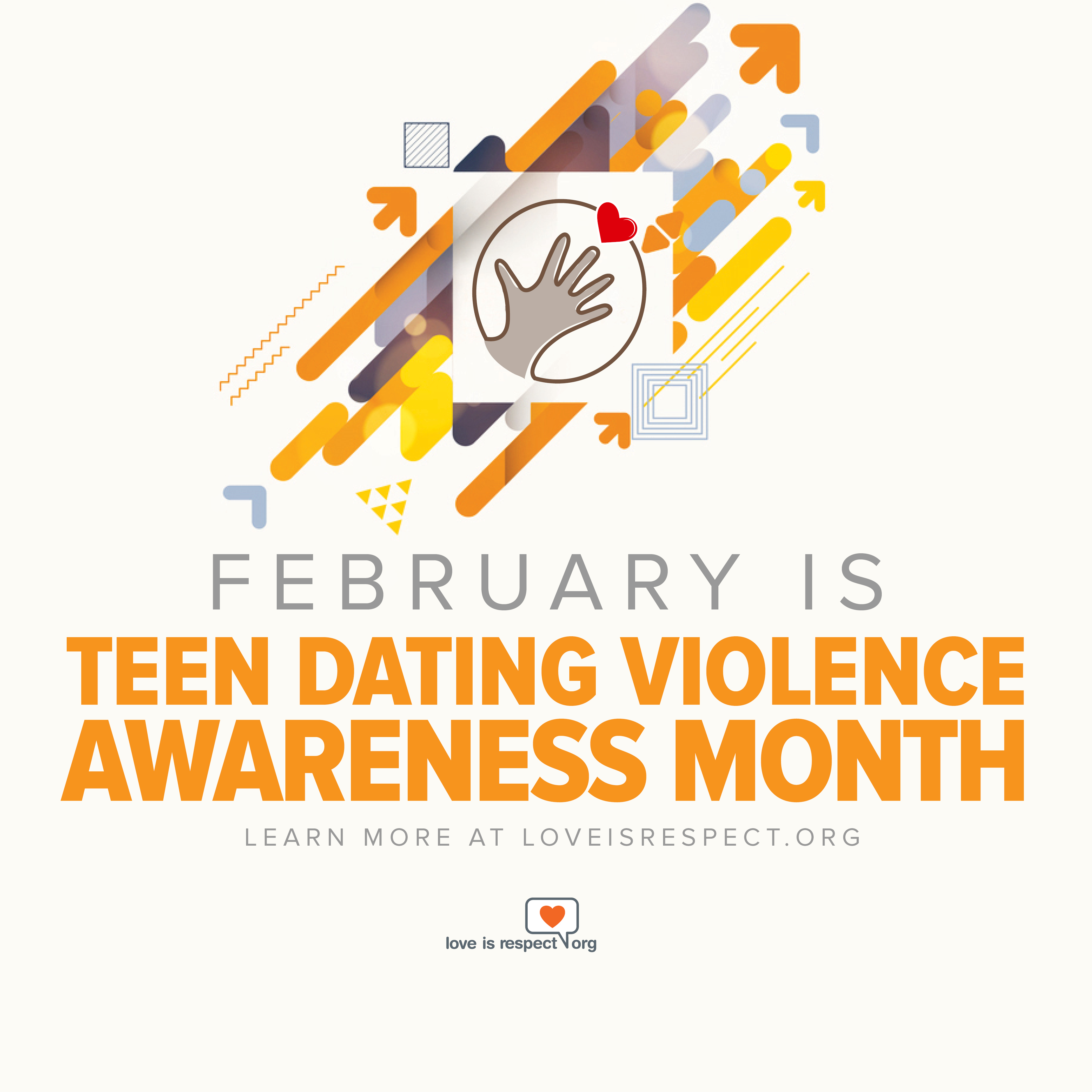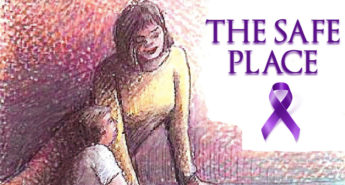
According to loveisrespect.org eighty-one percent of parents admit to not knowing about teen dating violence (TDV) or if it’s even an issue. Yet, 82% say they would recognize the signs. If a parent is unaware about the issue, how are they supposed to know the signs? Most people would assume that there would be bruises or scratches or other visible marks. However, that’s not always the case. Teen dating violence isn’t just physical; it can be any of the following as well.
Verbal/Emotional Abuse: This includes insults, yelling, isolating, controlling what they wear and where they go, and purposely embarrassing, threatening suicide if victim leaves, threatening to harm victim or victim’s loved ones, or using gas lighting techniques, etc.
Sexual Abuse: Pressured into sexual activity, unwanted touch, refusing to use protection, rape,or using sexual insults.
Digital Abuse: Controls social media knows all passwords, sends unwanted pictures and demands victim sends the same, constantly texts or calls, monitors victim’s location through phone, etc.
Stalking: Texting, phone calls, letters, shows up where victim hangs out, unwanted gifts, etc.
1.5 million Teens experience dating violence every year. That’s 1 out of every 3 teens experiencing abuse by a partner. So why don’t they leave? Why don’t they tell someone? Many teens believe the abuse is their fault. They’ve been blamed for their partner’s behavior too many times and have accepted that they are responsible when in reality, they are not. The only person who is at fault is the abuser. Teens who are the victims of dating violence are scared, they fear for their lives and what their partner might do if they leave. They also experience embarrassment and shame because they were abused and stayed. Some teen have it in their mind that the abuser will change so they continue to stay in a violent relationship.
If your child or someone you know is in experiencing teen dating violence, there are ways to help.
- Be supportive. If the victim chooses to stay with abuser, let them know that you are there for them. If they choose to leave the abuser, continue to support and care for them.
- Acknowledge what they are saying and feeling.
- Help your friend/child realize that what they are going through isn’t normal and they don’t deserve to be treated that way.
- Build them up. Most victims of abuse suffer from low self esteem from being torn down by their partner. Help them to see their worth and that they deserve to be treated with respect.
For more information on Teen Dating Violence, contact The Safe Place at 501-354-1884 or 888-554-2501.




Leave a Reply